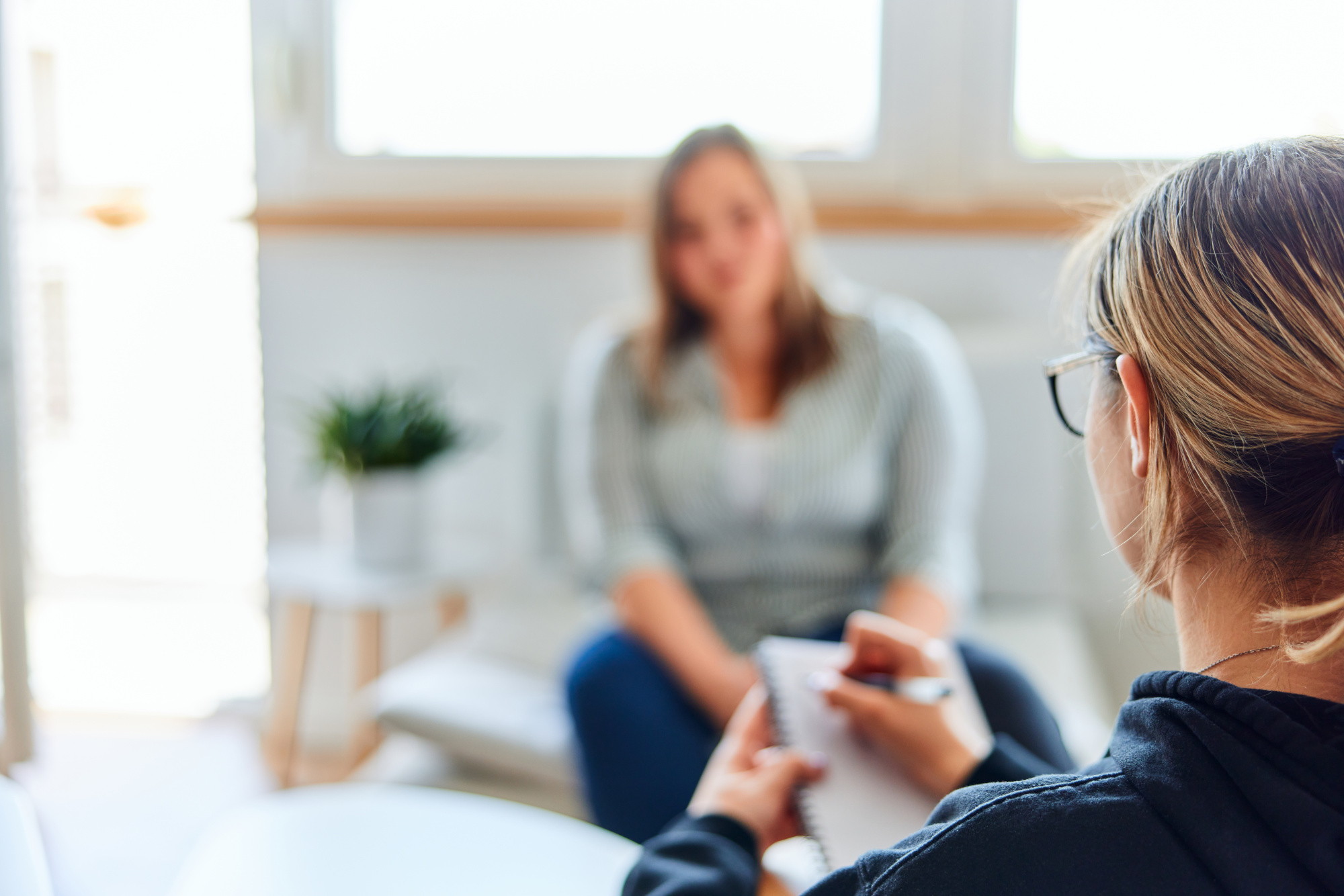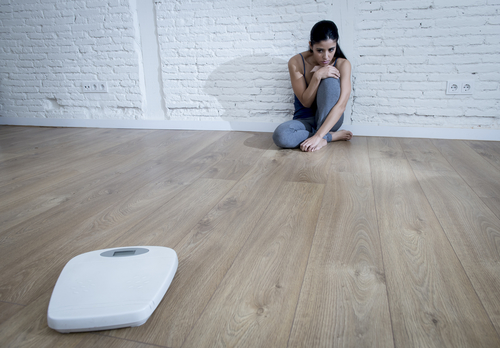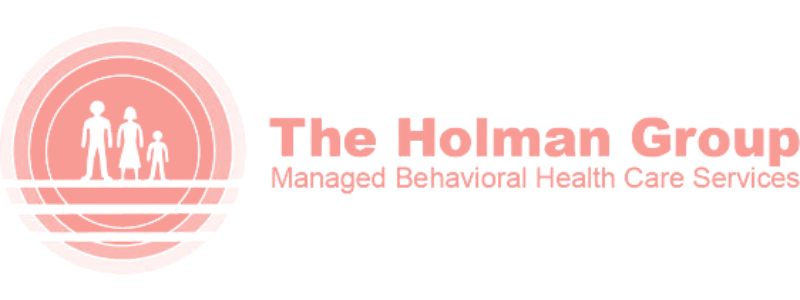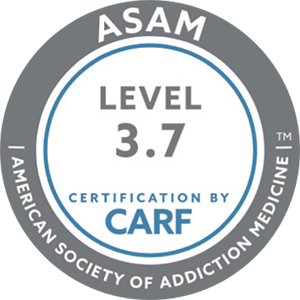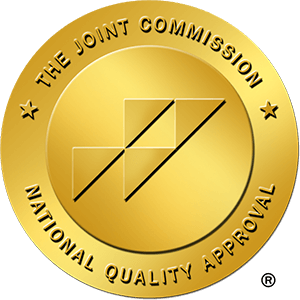Anxiety isn’t just nervous energy or worrying too much. For many women, it shows up in deep waves, sometimes without warning, disrupting work, sleep, relationships, and daily functioning. What’s frustrating is how often it’s brushed off or misunderstood, especially when someone looks “fine” on the outside. But here’s what gets even more overlooked—women experience anxiety at nearly twice the rate of men, and there’s more to it than hormones or upbringing.
When you’re trying to untangle the grip of anxiety while also facing addiction, the load gets heavier. And the truth is women often carry more than their fair share emotionally. Whether it starts in childhood or shows up during a difficult season of life, anxiety doesn’t just pass. But it can be treated more profoundly, innovative, and sustainably than just white-knuckling through.
Let’s break down the why behind it all—and what kind of care helps women heal.
Next Steps
If you’re struggling with addiction, you don’t have to face it alone. At Casa Capri, we offer expert, women-centered care in a supportive and nurturing space—designed by women, for women. Our team is here to help you heal with purpose and connection.
Call our admissions team for a free, confidential chat—we’ll even check your insurance and estimate any costs upfront.
The Hormone Rollercoaster You Didn’t Sign Up For
There’s a direct line between hormonal shifts and emotional regulation, and women ride this line hard from puberty through menopause. Estrogen and progesterone don’t just mess with your period—they also influence how your brain responds to stress. When these levels swing, so does your ability to keep anxiety in check.
But hormones aren’t the whole story. Society tends to dismiss women’s emotional responses as “just hormones,” and that can lead to missed diagnoses or a delay in getting real help. Still, there’s no denying that your body reacts differently than a man’s would under similar circumstances. Whether it’s monthly cycles, pregnancy, postpartum changes, or perimenopause, women are constantly adapting to internal shifts that can heighten anxiety symptoms without warning.
This is one reason why treatment for women has to be different. You can’t just take a one-size-fits-all approach and hope it sticks. The female body processes stress differently, so what works in male-focused programs may fall short for women. Hormones matter, but they’re only one piece of the puzzle.
Why Trauma Hits Women Differently

A lot of women walk into treatment with anxiety, but when you dig a little deeper, you’ll often find trauma sitting right underneath it. That’s because women are far more likely to experience certain types of trauma—like emotional abuse, domestic violence, or sexual assault—and these experiences leave long shadows.
Even after the danger has passed, the body holds onto stress. You might feel it as racing thoughts, panic attacks, chest tightness, or that awful gut feeling you can’t explain. Anxiety doesn’t always come from one big event, either. Sometimes, it’s the slow build-up of being ignored, mistreated, or constantly on edge in your home.
A holistic approach to anxiety means looking at more than the symptoms. It’s about understanding what your brain and body have been through and gently rewiring how they respond to everyday life. That doesn’t happen with a quick fix. It takes time, safety, and space—things women often put off giving themselves.
And when trauma and substance use overlap, it gets even more tangled. You may have started using something to cope, numb out, or just get through the day, not realizing how deeply it was tied to untreated anxiety or past wounds. That’s why healing the mind has to go hand-in-hand with recovery.
Why Expectations Make It Worse For Women
Women often grow up learning to be caregivers, peacemakers, and people-pleasers. Even if no one ever said it aloud, the pressure to “keep it together” or “be strong” sneaks in early and stays for life. That emotional load can wear down anyone, especially when no one’s helping you carry it.
It’s also way too familiar for women to be told they’re “too sensitive” or “too dramatic” when they try to talk about their anxiety. So, instead of asking for help, many women bury it, downplay it, or try to fix it alone. That creates a kind of invisible suffering that builds slowly until it breaks something open—sometimes through addiction, sometimes through panic, sometimes through total burnout.
And then there’s motherhood, which adds another layer entirely. Whether you’re already a mom or want to be someday, the anxiety around getting it “right” can take over. You don’t want your kids to see you struggle, but hiding it doesn’t help either.
That’s why gender-specific care makes a difference. Women’s experiences, pressures, and patterns aren’t the same as men’s. When anxiety is tangled up in roles you feel like you have to play, you need a treatment space that understands the weight of those roles—and permits you to set them down.
Why Women Need A Different Kind Of Rehab

There are a lot of programs out there that promise recovery, but not all of them feel safe or get women. The truth is that healing from anxiety while also dealing with addiction isn’t just about avoiding substances. It’s about rebuilding trust in your mind.
A lot of people don’t realize how many rehab programs were initially designed around male behavior patterns. That might work fine for some, but women need something more layered. You need space to unpack what you’ve been through—not just the drugs or alcohol, but the loneliness, fear, pressure, and pain that came before it.
That’s why maybe a Christian rehab for women is the best option—especially if it focuses on individualized care, emotional safety, and real transformation. If a center offers that kind of compassionate structure without judgment or pressure, it can be a turning point. Not everyone is ready to explore spirituality, and that’s okay, too. But for some women, a deeper foundation offers real peace in a way that nothing else has.
It’s not about following rules or pretending to be perfect. It’s about being seen, heard, and supported while you heal—not just from addiction but from the mental and emotional storms that led you there.
What Healing Looks Like For Women
When you start getting the right kind of help, anxiety doesn’t just vanish—but it becomes manageable. You learn to recognize triggers, breathe through spirals, and speak up before things get out of control. You start to trust yourself again, bit by bit.
For many women, that healing process means finally having the space to feel what they were never allowed to before: sadness, anger, fear, relief—all of it. Through that process, recovery stops being something you chase and becomes something you live.
The best programs don’t just focus on stopping behaviors. They teach you how to live differently—think, feel, and respond in ways that aren’t ruled by fear or shame. They give you tools, but they also provide you with hope.
And when you’re not carrying all that alone anymore, everything feels lighter. Not overnight, but day by day.
Your Recovery Deserves A Place That Understands You
If anxiety has been holding you hostage, especially alongside addiction, you’re not broken. You’re just worn out from trying to survive without the needed help.
You deserve care shaped around who you are—not just what you’ve done. Whether your anxiety started years ago or just recently reached its peak, it’s not too late to feel steady again. And if that feels impossible right now, that’s okay, too. Sometimes, all you need is one brave yes.
Next Steps
If you’re struggling with addiction, you don’t have to face it alone. At Casa Capri, we offer expert, women-centered care in a supportive and nurturing space—designed by women, for women. Our team is here to help you heal with purpose and connection.
Call our admissions team for a free, confidential chat—we’ll even check your insurance and estimate any costs upfront.

